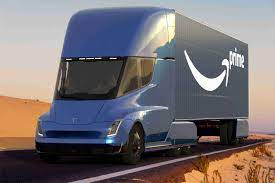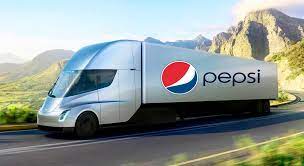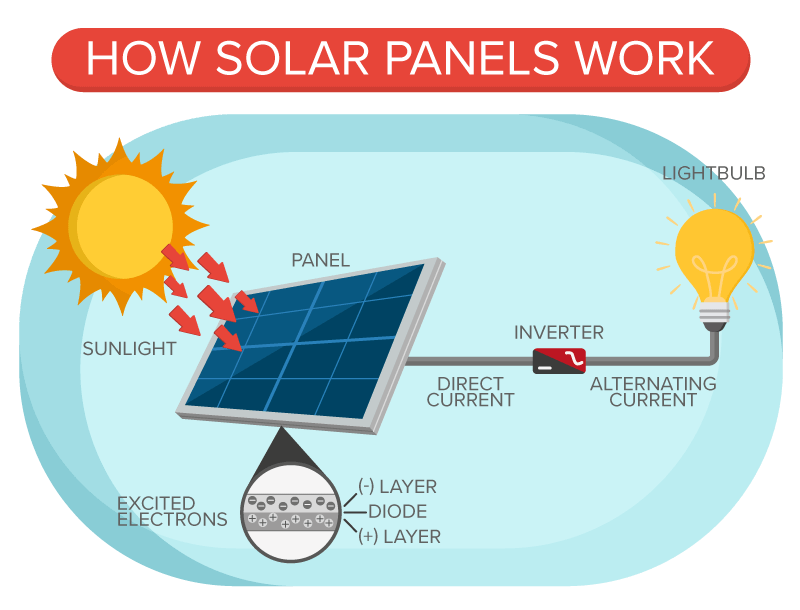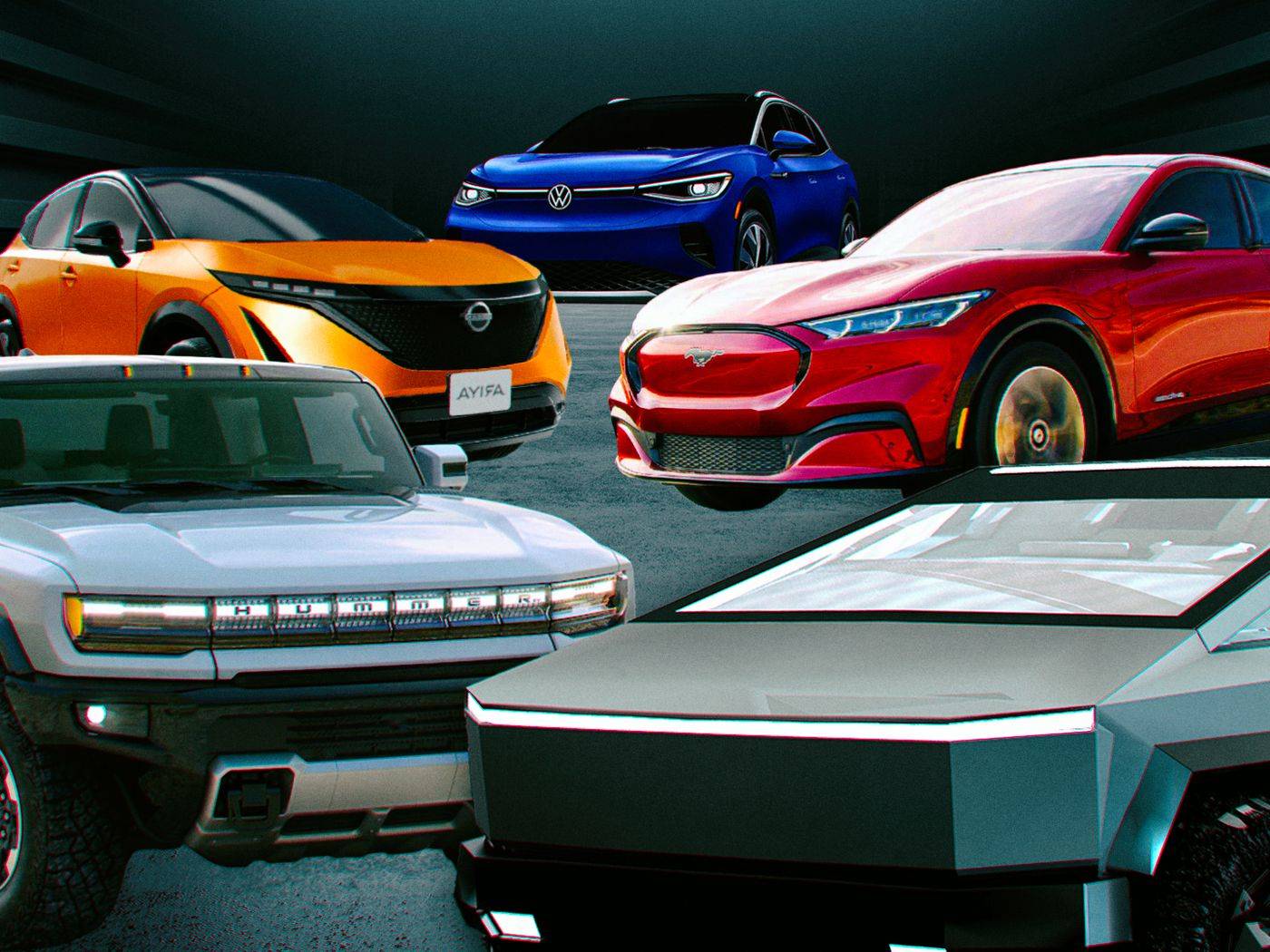Electric vehicles (EVs) have gained popularity in recent years as a sustainable transportation solution. Heavy-duty charging presents unique challenges when compared with regular EV charging. There are power capacity limitations, longer charging times, and compatibility issues.
Over the past two years, nearly everyone raised their electric vehicle (EV) projections. Future is electric for oil and gas majors, research organizations, and even car manufacturers. A number of automakers, including Volvo and General Motors, have announced dramatic production increases for electric vehicles.
Heavy-Duty Electric Vehicles: Growing Market
EVs are becoming increasingly popular in heavy-duty sectors. Because of their reduced pollution, lower maintenance costs, and improved sustainability. Construction, logistics, and transportation industries use them.
Heavy-duty electric vehicles are in high demand. In recent years, companies like Tesla, Rivian, and Volvo Trucks have invested in electric truck models. According to a report by Allied Market Research, global electric truck market is projected to reach $1.89 billion by 2027. As a result, reliable charging solutions are an absolute necessity.
Challenges in Heavy-Duty Charging
Charging heavy-duty vehicles, such as trucks, buses, and industrial machinery, presents unique challenges. The digital world is moving electric to reduce pollution and dependence on fossil fuels. It becomes important to solve these challenges. Here are some key challenges in heavy-duty charging:
Power Demand:
Heavy-duty vehicles use more power to charge than cars with smaller batteries. Multiple heavy-duty vehicles need charging at same time without overloading the grid capacity.
Infrastructure Availability:
Heavy-duty vehicles operate within specific regions or follow fixed routes. This makes it crucial to have a charging infrastructure nearby or in industrial areas. It takes extensive investments and coordination with stakeholders to create a system like this.
Charging Time:
Commercial vehicles are often necessary for business use. Any downtime for charging results in lost revenue. Therefore, reducing charging time is essential.
Battery Technology:
Advances in battery technology increase energy density and lower costs. Heavy-duty batteries are able to undergo frequent charging and discharging cycles and have a long service life.
Standardization and Interoperability:
Charging infrastructure setup and use are complicated by the lack of standardization. It is essential that different charging stations and heavy-duty vehicles from different manufacturers work in harmony to promote their use.
Grid Integration:
Heavy-duty charging infrastructure must connect properly in order to protect local distribution networks. A smart charging solution, like DR and scheduling, helps reduce impact on the grid.
Cost and Funding:
Investing in a heavy-duty charging infrastructure, including equipment, installation, and grid upgrades, is expensive. For heavy-duty electrification to become economically viable, governments, utilities, and private investors must cooperate financially.
Environmental Impact:
Electrifying heavy-duty vehicles can result in a significant reduction in greenhouse gas emissions and local air pollution. Batteries, raw materials, and end-of-life disposal are also important factors.

Solutions for Heavy-Duty Charging
Heavy-duty electric vehicles (EVs) present a new set of challenges. Innovative solutions are vital to solve these challenges. These solutions are technologies, infrastructure development, and policy frameworks. We can overcome these obstacles by following these steps:
- Development of high-power charging stations that charge quickly.
- Integration of smart grid technology to optimize charging processes.
- Implementation of wireless charging technology to make it easier and more convenient for users.
- Incentives and funding for investment in heavy-duty charging infrastructure.
- To overcome barriers, government agencies, utilities, and technology providers must collaborate.
- Research and development continue to improve battery technology.
In conclusion, heavy-duty charging is the next big challenge in the EV industry. A reliable charging infrastructure is essential for supporting heavy-duty EV use. Charging at high speeds has the potential to revolutionize the transportation sector for a cleaner, more sustainable future. It is time for us to face challenges with positivity and work for a cleaner, brighter tomorrow.






